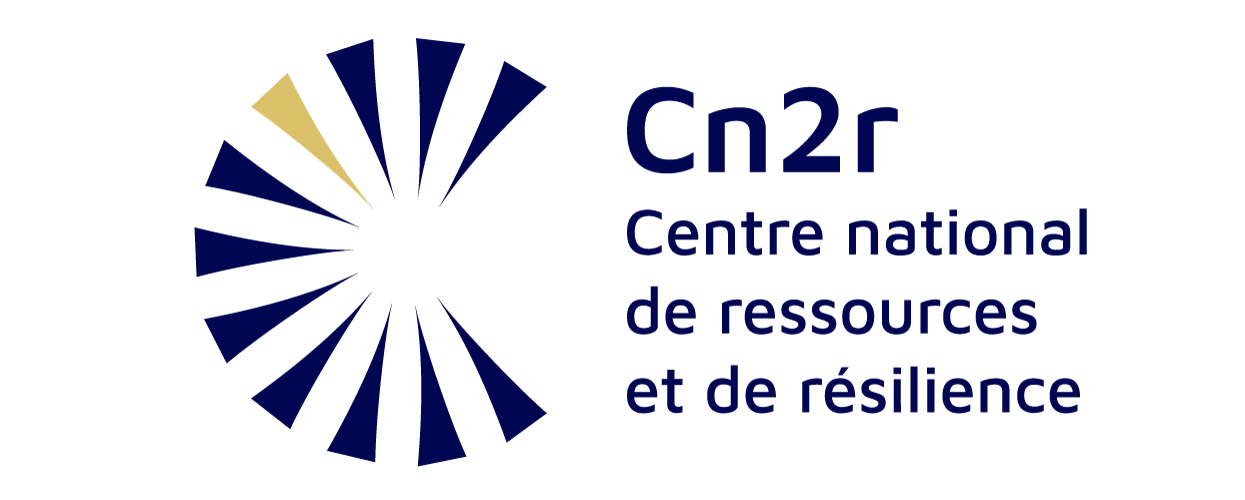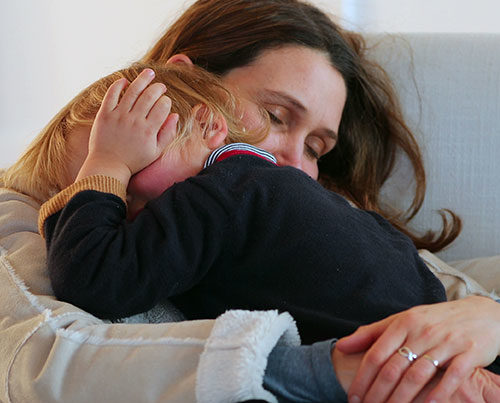What to do?
The best thing to do? Be present. This doesn't mean simply offering to help in the abstract ("Call me if you need anything"), but regularly offering to visit, to help sort things, to do the paperwork, to do the shopping, to look after the children...
Sometimes you have to be proactive and offer to help again, as the bereaved person may not dare to ask for your support.
What if that's not enough?
If you think your loved one is suffering from prolonged bereavement, or if you notice that their grief is not progressing, it may be useful to refer them to a professional, starting with their GP. Once again, it's normal to be affected by bereavement, and this can last for varying lengths of time. We believe that the positive evolution of grief depends on its fluidity and progress, not on its duration. But if you're worried about your loved one, referring him or her to a doctor for advice is never superfluous.
Depending on the situation, support can be provided by a mental health professional at one of the regional psychotrauma centers.
In France, medical treatment is recommended if signs of grief and intense suffering persist beyond the first anniversary of the death.
There are a number of associations dedicated to helping the bereaved. They organize counselling sessions and discussion groups, and most are in contact with psychologists who can help the bereaved (see below).







